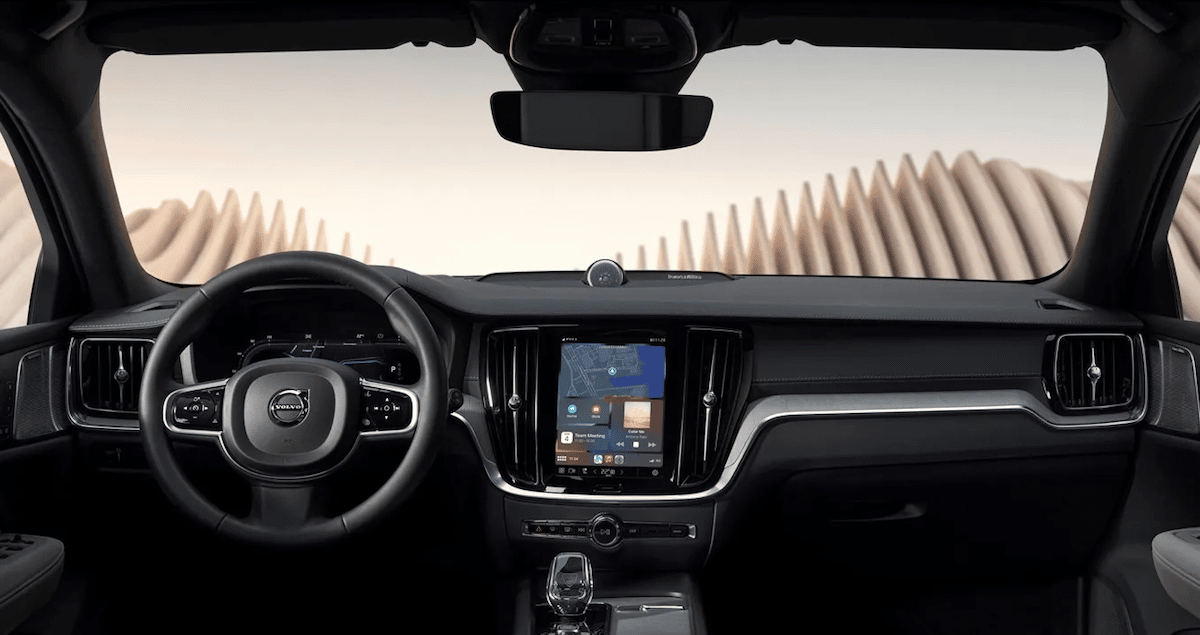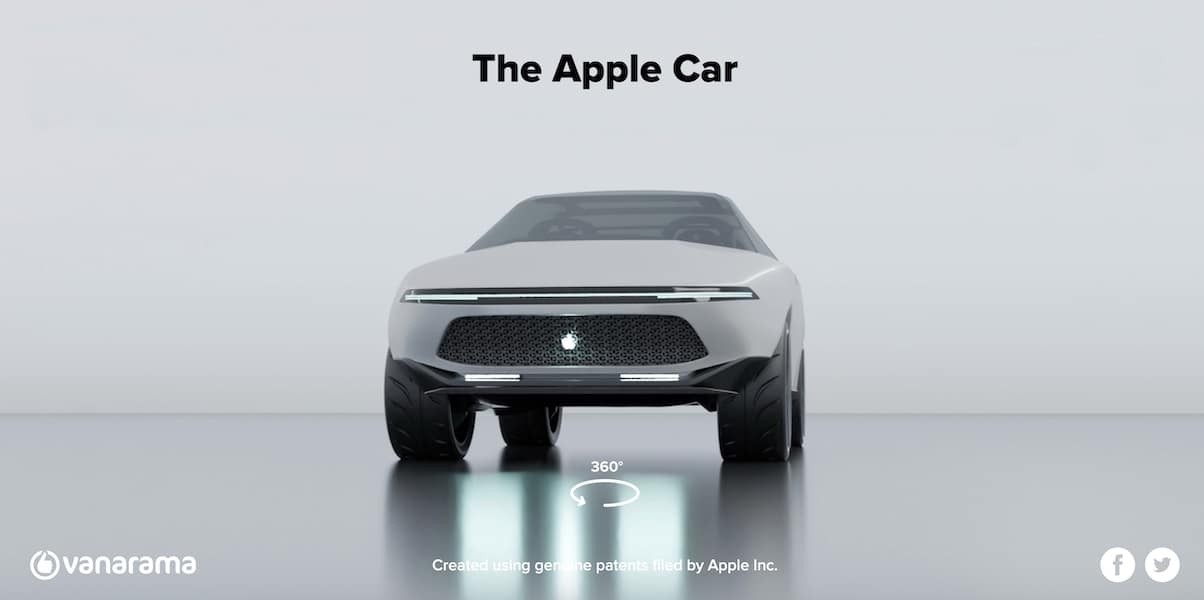Apple reportedly invested heavily in the development of its electric car project, known internally as Project Titan, before ultimately canceling it in February 2024. Estimates suggest the company spent over $10 billion on the project throughout its lifespan, which began around 2014.

Apple plans to redeploy the over 2,000 employees who worked on “Project Titan” to other areas
Launched in 2014, the “Project Titan” initially aimed to build an electric car, potentially rivaling the likes of Tesla. However, the project’s direction changed course several times, leading to internal conflicts and delays.
As the field of autonomous driving technology rapidly evolved, Apple decided to shift its focus towards developing software for self-driving cars.

Despite the immense resources invested, Apple reportedly struggled to make significant progress in developing reliable and safe self-driving technology. The New York Times, citing sources familiar with the project, reported that technical challenges and a lack of a clear vision ultimately led to the project’s demise.
The “Project Titan” faced numerous challenges throughout its development, including:
- Difficulties in achieving full autonomy: Apple initially aimed for a fully self-driving car, but eventually scaled back to a model with assisted driving features.
- Internal leadership changes: The project leadership changed hands several times, which likely contributed to inconsistencies in direction and approach.
- High costs and complexity: Entering the automotive industry, with its established players and complex regulations, proved to be a significant undertaking for Apple.
While the “Project Titan” may not have yielded a commercial car, it has not been entirely fruitless. Apple plans to redeploy the over 2,000 employees who worked on the project to other areas within the company.
Many will be transferred to other AI-focused initiatives, with the knowledge and expertise gained from “Protect Titan” potentially contributing to the development of future products like AI-powered wearables or smart home devices.
Ultimately, the company decided to prioritize other areas like artificial intelligence and shift resources away from the car project. The cancellation resulted in job losses and redirected efforts toward other innovative endeavors within the company.
Read more: